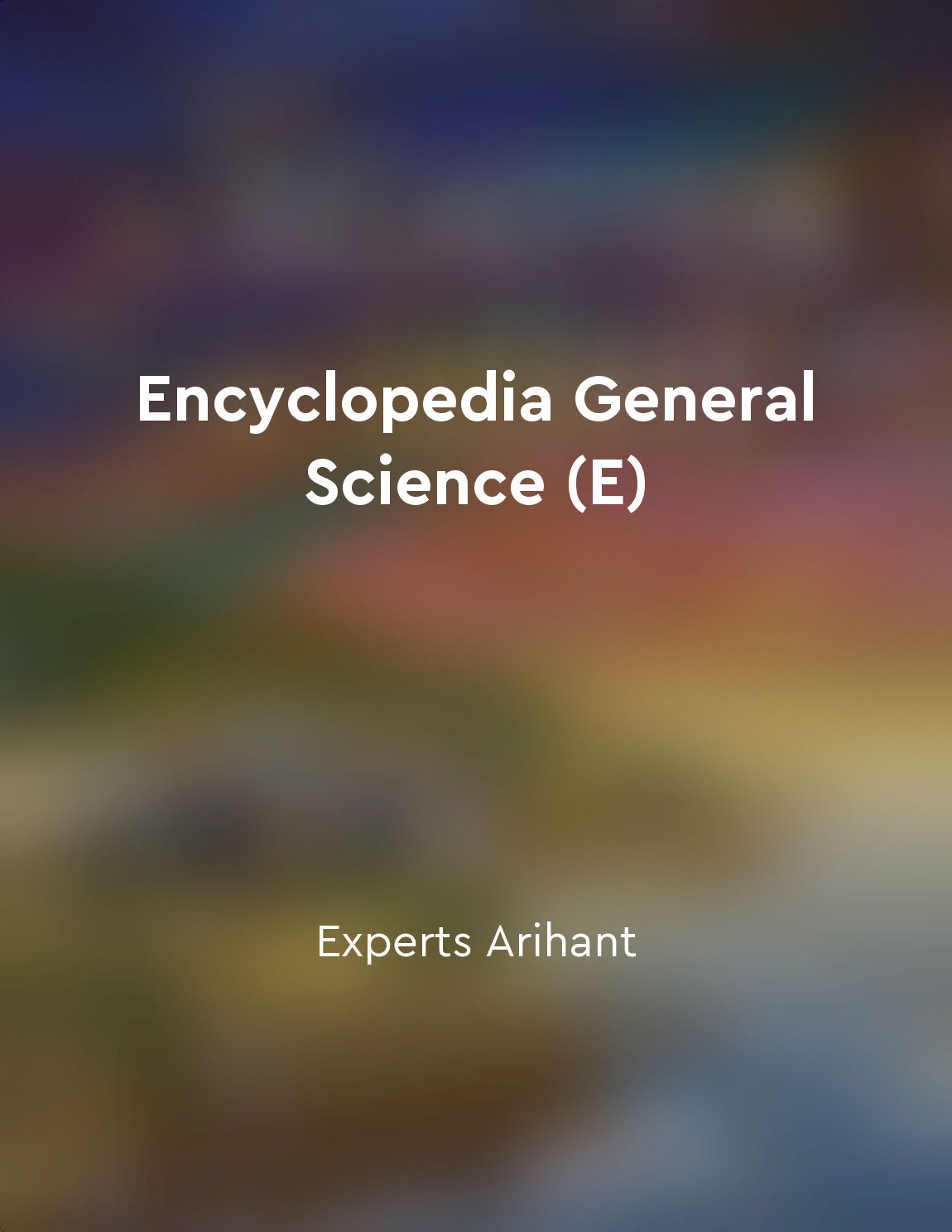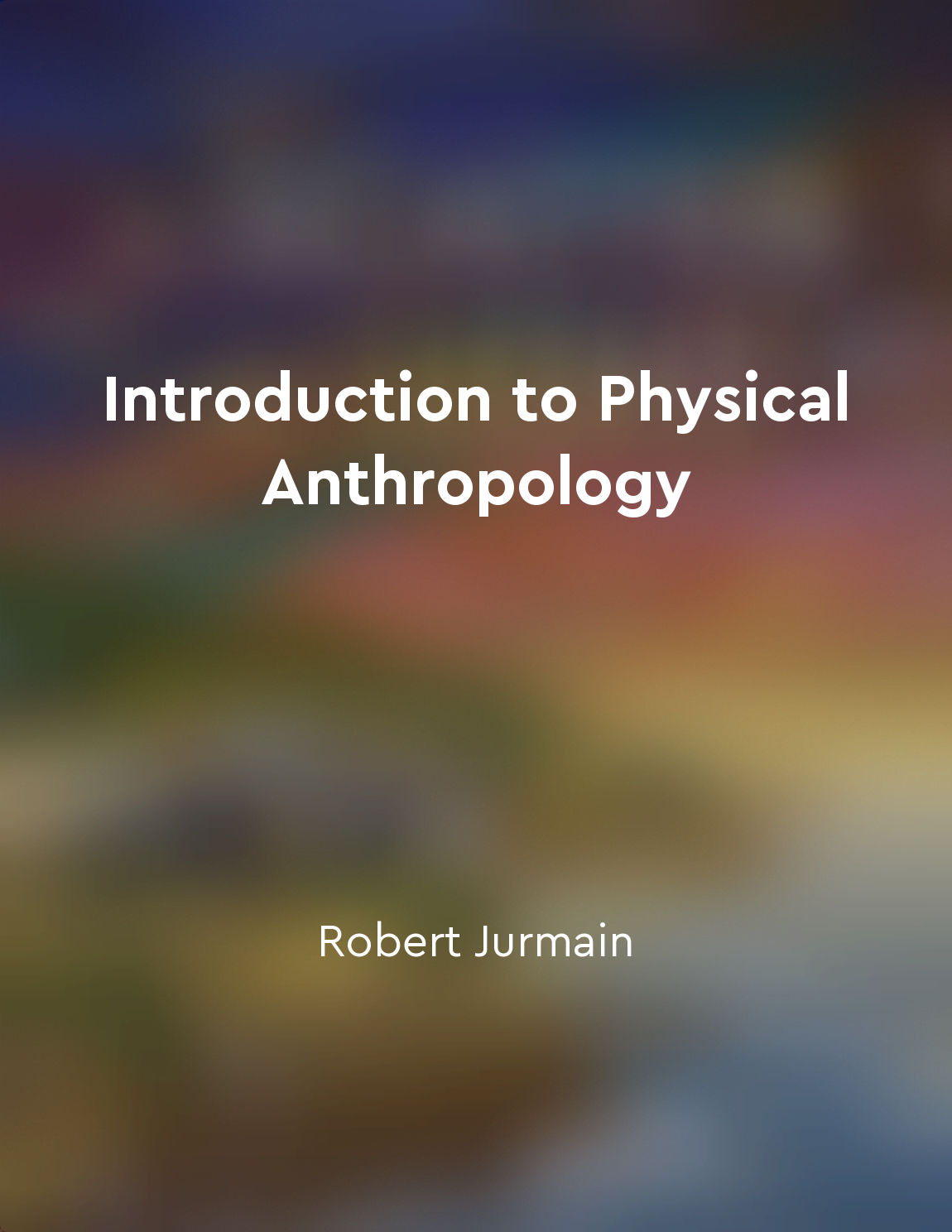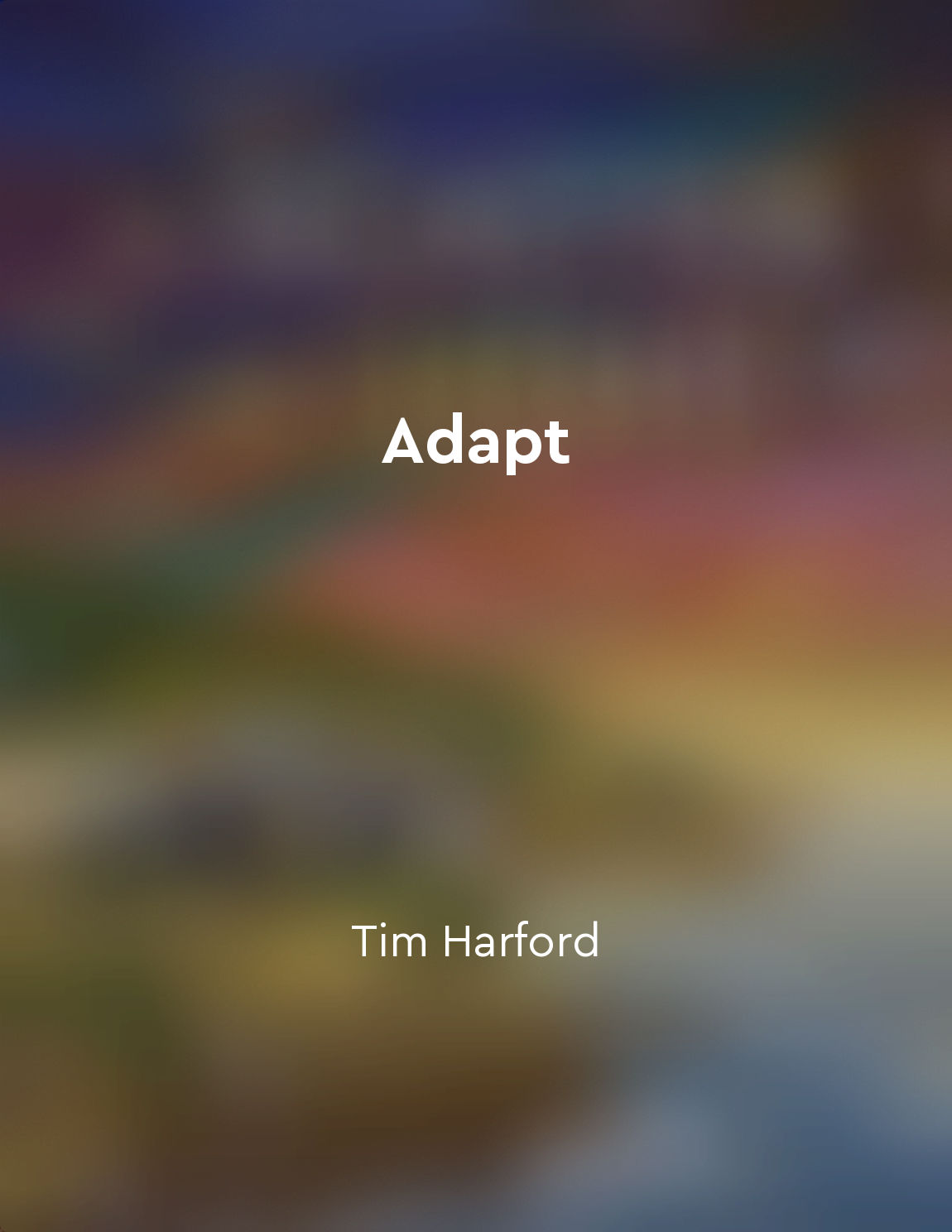Phylogenetics maps out the evolutionary relationships among organisms from "summary" of The Greatest Show on Earth by Richard Dawkins
Phylogenetics maps out the evolutionary relationships among organisms. It is a bit like a family tree, but with a crucial difference. In your real family tree, your ancestors are always your ancestors. But in a phylogenetic tree, the 'ancestors' are not just your ancestors, they are everybody's ancestors. In other words, the 'ancestors' are hypothetical entities that we are all descended from, but they are not individuals we could ever meet. They are mathematical points in the tree. Of course, they are not really points either, any more than a species is a point. They are more like clouds of probability, or more precisely, clouds of uncertainty. They are the best guesses we can make given the evidence available. Phylogenetics is the way we turn all known organisms into a family tree. It uses the evidence of shared similarities and differences to infer evolutionary relationships. The evidence can come from all sorts of sources, such as fossils, genes, anatomy, behavior, and geographical distribution. These sources can be combined in various ways, and the results can be represented in various ways, but the basic idea is the same. The aim of phylogenetics is not just to draw pretty trees, although they can be very pretty indeed. The aim is to reconstruct the history of life on Earth. That is not an easy task. The history of life is incredibly messy. It is like trying to assemble a jigsaw puzzle with most of the pieces missing, and many of the ones we do have are damaged or fake. The power of phylogenetics is that it can make predictions. It can tell us things we did not know before. It can tell us things we could not possibly have known before, because they are about events that happened millions or even billions of years ago. It can tell us things that are counterintuitive, things that go against what we might have expected. It can tell us things that are surprising, even shocking. But as long as the evidence is good, we have to accept it. Phylogenetics is a powerful tool for understanding the history of life on Earth. It is a tool that can help us make sense of the incredible diversity of organisms that inhabit our planet. It can help us appreciate the connections between all living things, and the remarkable journey that has led to the world we see today.Similar Posts

Science and religion are incompatible ways of understanding the world
The idea that science and religion are incompatible ways of understanding the world is a central theme in 'The God Delusion' by...
Natural selection plays a crucial role in human evolution
In the process of evolution, natural selection stands out as a fundamental mechanism that shapes the traits and characteristics...

Scientific research plays a crucial role in advancing our understanding of the world
Scientific research is an essential component in the quest to deepen our comprehension of the world around us. This process of ...
The structure of evolutionary theory is multifaceted
The structure of evolutionary theory is multifaceted. This complexity arises from the intricate interactions among various comp...

Human anatomy reflects our evolutionary history
The human body is a remarkable product of evolution, with each part serving a specific purpose that has been shaped by millions...
The immune system protects the body from pathogens
The immune system is a complex network of cells, tissues, and organs that work together to defend the body against harmful path...

Myths and religions have played a crucial role in human history
Myths and religions have been key players in shaping human history. They have provided cohesive narratives that bind societies ...
A holistic approach to agriculture is necessary to address the interconnected challenges of the food system
To truly tackle the complex issues facing our food system, we must take a comprehensive and interconnected approach to agricult...

Continuous improvement is essential
Continuous improvement demands that we keep learning and adapting, making small changes based on what we learn. The idea isn’t ...
Scientific literacy is crucial in today's world
In today's world, scientific literacy holds immense importance. It is not just a subject to be studied in schools but a crucial...
